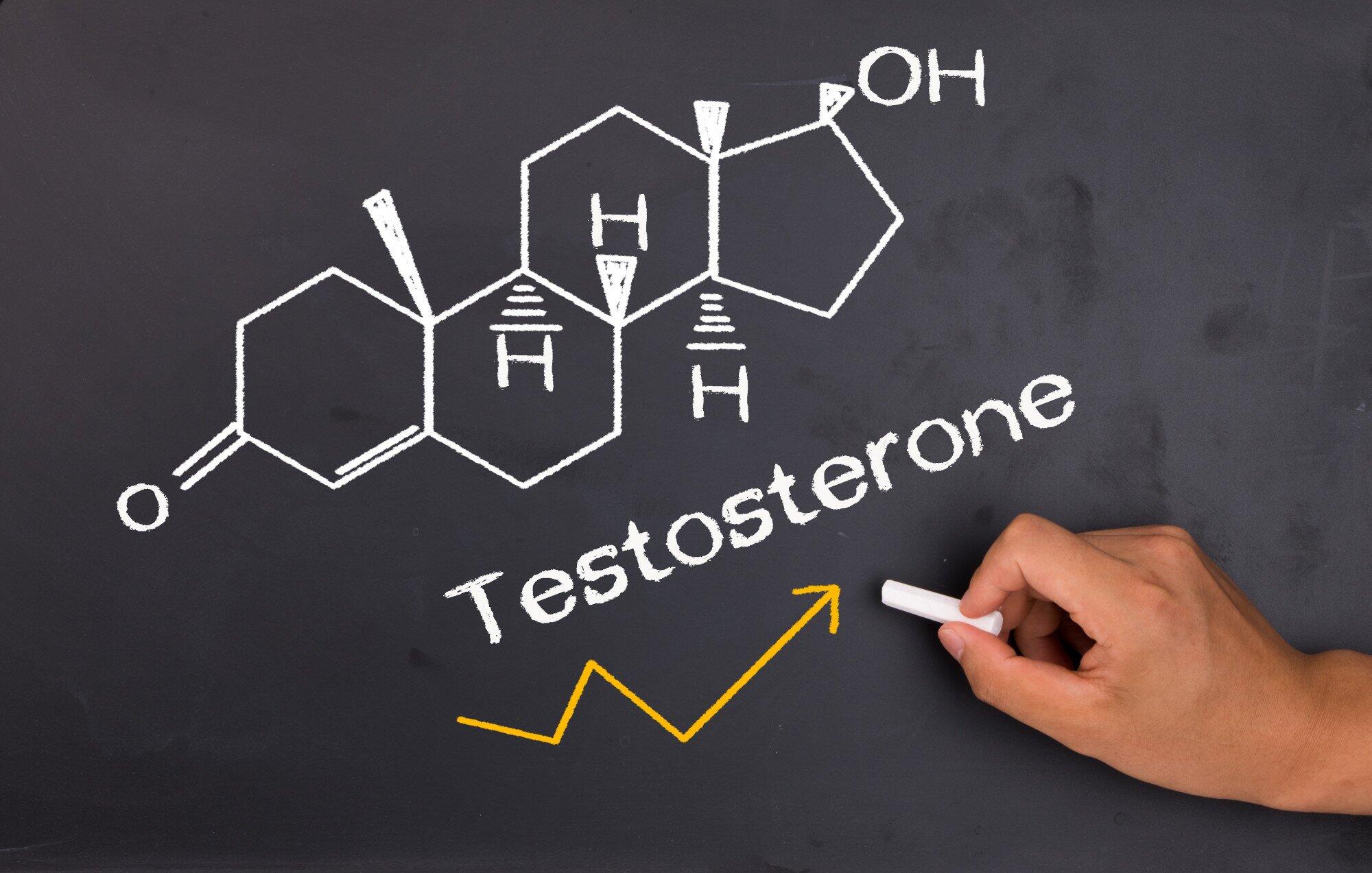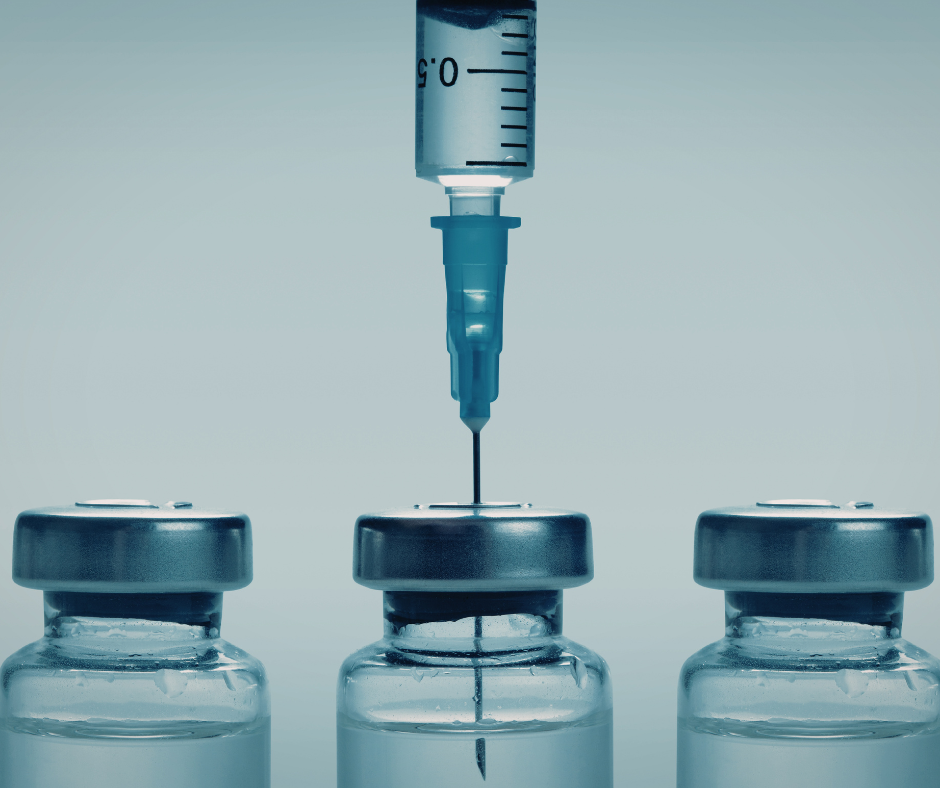You’re looking to reclaim your vitality and vigor with testosterone therapy. But the question is still on your mind: How long does testosterone take to work?
Today we’re taking a closer look at the process, from the initial preparations, to the treatment, to what you should anticipate when it comes to results!
Understanding Testosterone Therapy
Testosterone therapy is a treatment aimed at helping those who have low levels of testosterone. This condition can lead to various symptoms that may affect quality of life, such as low energy, mood changes, and decreased muscle mass.
The main goal of testosterone therapy is to improve these symptoms by boosting testosterone levels in the body.
There are several ways to get testosterone into the body, and one of the most effective methods is through injections. These injections are usually given by a healthcare provider and can lead to faster results compared to other methods like gels or patches.
Not everyone with low energy or mood changes needs testosterone therapy. It’s specifically for individuals diagnosed with low testosterone levels, a condition often referred to as “low T.”
Doctors usually determine if someone has low T through blood tests and a review of symptoms. This therapy is not a one-size-fits-all solution. It’s tailored to meet the needs of each individual.
Before starting treatment, doctors conduct thorough evaluations to make sure that testosterone therapy is a suitable and safe option.
The Journey of Testosterone Therapy
The first step involves seeing a doctor who specializes in hormone therapy. During this visit, the doctor will ask about symptoms, health history, and perform a physical exam. Blood tests are crucial at this stage to measure testosterone levels.
These tests, usually done in the morning when testosterone levels are highest, help the doctor decide if testosterone therapy is the right choice.
Preparing for Testosterone Injections
Once a diagnosis of low testosterone is confirmed, and therapy is deemed suitable, there are steps to prepare for injections. The doctor may discuss different therapy options and outline what to expect.
They will also set a schedule for the injections, which could be weekly, bi-weekly, or monthly, depending on individual needs.
How Long Does Testosterone Take to Work?
The first injection marks the beginning of the therapy. The site of the injection is usually in the muscles of the buttock. The injection is quick, and many patients report that it’s easier than they thought it would be.
Short-term Effects (First 3 Months)
In the first few months, many start to notice changes. Energy levels may begin to rise, and mood swings can start to even out.
An increased libido is another early sign that the therapy is working. These changes are encouraging but just the start of the therapy’s impact.
Mid-term Effects (3-6 Months)
As therapy continues, more significant changes occur. Muscle mass may increase, and body fat might begin to shift away from the abdomen.
These physical changes are often accompanied by further improvements in emotional well-being. It’s also a time when doctors might adjust the dosage based on how well the body is responding.
Long-term Effects (6 Months and Beyond)
Beyond six months, the benefits of testosterone therapy stabilize. The body adapts to the regular presence of higher testosterone levels. Continuous monitoring by a healthcare provider is an important part of this phase. This is to make sure the therapy is still effective and safe.
Patients might need adjustments to the therapy based on ongoing blood tests and health checks. The timeline varies from person to person, with factors like age, overall health, and lifestyle affecting how quickly and effectively one sees results.
Engaging in a healthy lifestyle and following the doctor’s instructions can enhance the benefits of testosterone therapy. While the process may seem lengthy, the potential improvements in quality of life and health are well worth the commitment.
Factors Influencing Effectiveness
Everyone’s body responds differently to testosterone therapy. Factors such as age, genetics, and pre-existing health conditions can influence how the body absorbs and uses testosterone.
For instance, someone with a healthy liver and kidneys might process the hormone more efficiently than someone with issues in these organs. Also, the body’s ability to use testosterone can be affected by other hormones and biological processes.
This is why doctors review your health history and current health status thoroughly before starting treatment.
Lifestyle and Diet
Lifestyle choices, including diet and exercise, can significantly affect the outcome of testosterone therapy. A balanced diet rich in nutrients supports overall health and can enhance the therapy’s effectiveness.
Regular physical activity, especially strength training and aerobic exercises, can help increase muscle mass and improve mood and energy levels. This reinforces the benefits of testosterone therapy.
Dosage and Frequency of Injections
Finding the right dosage and frequency of injections is essential for the therapy’s success. This balance is different for everyone.
Doctors often start with a standard dose and then adjust based on how the body reacts. Regular follow-up appointments are necessary to check testosterone levels and ensure the dosage is still appropriate.
Sticking to the Therapy Plan
Sticking to the prescribed therapy plan is important. Missing injections or not following the doctor’s advice can delay results. It can also diminish the therapy’s effectiveness.
Consistent communication with healthcare providers and making adjustments as recommended can help achieve the best possible outcomes from testosterone therapy.
Managing Expectations
The timeline for seeing results from testosterone therapy can vary widely. While some people may start noticing changes within a few weeks, for others it might take several months.
It’s important to stay patient and keep in close contact with your doctor. They will track your progress and adjust the treatment as needed. The therapy is not an instant fix, but a step towards better health and well-being over time.
Common Misconceptions and Myths
There are many myths about testosterone therapy. But the reality is that it can help you live a happier, healthier life.
Testosterone therapy aims to restore normal hormone levels and alleviate symptoms of low testosterone. It works best when combined with a healthy lifestyle, including proper nutrition and exercise.
Emotional and Psychological Adjustments
Starting testosterone therapy can also lead to emotional and psychological changes. As your body adjusts to new hormone levels, you might experience mood swings or changes in emotional well-being.
It’s very important to communicate openly with your doctor about all the changes you’re experiencing. They can offer guidance and support, ensuring that you navigate this period with understanding and care.
Potential Side Effects
Some people might experience side effects from testosterone injections. These can include acne, mood swings, and changes in sleep patterns.
Other side effects might be more serious, like an increase in red blood cell count. This can lead to health issues if not monitored. It’s important to remember that not everyone will experience side effects and that they can vary in intensity.
Managing Side Effects
Regular check-ups with your doctor allow for monitoring of any side effects and adjusting the therapy as needed. If you notice any new or worsening symptoms, report them to your doctor immediately. They might adjust your dose or suggest other ways to manage the side effects.
Long-term Considerations
For those on long-term testosterone therapy, there are additional factors to keep in mind. Regular blood tests are necessary to monitor hormone levels and overall health.
Your doctor will also check on how your body is responding to the treatment over time. This might include screenings for heart health and bone density to ensure the therapy is not causing unintended issues.
The Future of Testosterone Therapy
As we look ahead, the field of testosterone therapy continues to evolve. Research is bringing new advancements that could change how we approach treatment. These developments promise to make therapy more effective and accessible to those who need it.
Advances in Treatment Methods
Scientists are working on new ways to deliver testosterone therapy. This includes options that could offer more consistent hormone levels, fewer side effects, and easier ways to take the treatment.
For example, long-acting injections or new skin patches could provide steady hormone levels without frequent doctor visits. These innovations aim to make treatment simpler and more comfortable for patients.
Broader Implications
Testosterone therapy is part of a larger conversation about men’s health. It highlights the importance of hormonal balance and its impact on overall well-being.
As we understand more about testosterone’s role in the body, we can better address other health issues men face. This knowledge helps doctors provide more comprehensive care, beyond just treating low testosterone levels.
The future of testosterone therapy is bright, with promising research leading the way. These advancements not only improve how we treat low testosterone but also deepen our understanding of men’s health as a whole.
Testosterone Treatment for Positive Health Changes
So now you have answer to your question “How long does testosterone take to work?” As we’ve seen, this process is influenced by individual health, lifestyle, and medical guidance.
At Evolve Telemedicine, our mission is to help people live happier, healthier, more productive lives. Our commitment is to help you achieve your health and wellness goals, so that you can move from wellness to greatness in your life.
Get in touch today to find out how we can help you!






